The Internet of Things (IoT) has provided the world with technology that enables the communication of data over a network without requiring any human interaction. For example, in a smart home you can control things like the lighting, thermostat, and security systems using your smartphone or a smart speaker. And now Dutch space startup, Hiber, has huge plans to expand IoT connectivity to the 90% of the world that currently lacks a network.
Based out of Amsterdam, the IoT space startup aims to help with tackling climate change, growing crops efficiently, managing natural resources better, and protecting wild animals. Hiber had a successful 2018, as the company triumphantly launched 2 nanosatellites and also got named as Amazon Web Services Commercial Startup Launch of 2018. Recently Silicon Canals spoke to Coen Janssen, co-founder and Director of Business Intelligence at the fast-growing Dutch NewSpace tech startup.
In our exclusive conversation, Coen shared a lot with us including how they are using the IoT and nanosatellites to increase connectivity and data sharing for a variety of innovative new use cases all around the world. Let’s dig in.
Global IoT connectivity at low cost
Formerly known as Magnitude Space, Hiber was founded in 2016 by some of the biggest, most experienced hitters in satellite tech – Coen Janssen, Erik Wienk, Ernst Peter Hovinga, Laurens Groenendijk and Maarten Engelen – with the sole aim to provide IoT connectivity globally at a low cost and low power. “We decided that we wanted to make sure that there was a network that allowed anyone in the world, wherever they were, to share data. Right now, the combined IoT-enabling networks across the globe only cover 10% of its surface and we want to open up IoT connectivity to everyone, even if they’re in remote places (from the middle of the ocean to Antarctica or the desert) and developing countries,” says Coen.
A year before Hiber was founded, Coen and Laurens had already been investing in the space industry. They experienced how a small and low-cost satellite could enable all kinds of applications. “With the IoT taking off, we thought, “do we have the guts to open our own company?” And so we did,” says Janssen.
Hiberband: World’s first truly global satellite solution
The Dutch satellite startup’s network is called Hiberband and it is a Low Power Global Area Network (LPGAN). LPGAN is a service that delivers global connectivity for sensors and IoT-related devices at an affordable cost, allowing data to be easily and cheaply transferred via the network from the most remote locations.
The company is on the cusp of launching Hiberband commercially, meaning it will be the world’s first truly global satellite solution, opening the doors to 90% of the world currently unable to use connected tech.
Furthermore, the company expects to launch dozens of satellites to meet the enormous demand for connected tech around the world in the next 12 to 18 months. The solar-powered satellites will collect data beamed up from a modem connected to IoT devices on the ground and relay them back to Earth from places where connectivity is poor or non-existent, such as rural areas in Africa or the Americas.
Hiber focuses on a variety of industries, notably agriculture, tank and silo monitoring and logistics. For example, Tanzanian farmers have been using Hiber’s technology to increase their yield from crops by using soil and rain sensors. “Our satellites alone aren’t going to solve world hunger, but the technology that we have enables us to do good in the world. It can be used for so many things that have an incredibly high impact,” Janssen says. “There are several possibilities. You could use it to prevent illegal fishing, figure out when a water supply is low, or monitor the melting ice caps.”
Funding for space tech
In September 2017 Hiber received funding from the Hartenlust Group and in July 2018 they got €1.8 million from the Netherlands Enterprise Agency. €5 million was received from Finch in November 2019. The rest is from angel investors, and a €3 million project research grant from The European Space Agency. “Launching satellites is an expensive hobby,” says Coen. “We actually got our most recent round of funding at the end of last year, just before we launched our first two nano-satellites.” In total, Hiber has now raised €15 million.
Blue Tulip Awards: Intelligent Enterprise category winners
Hiber was also the winner of the Blue Tulip Awards, formerly known as the Accenture Innovation Awards in 2017. Recalling the awards Janssen says: “At that point in time, we were trying to create a global company, and Accenture is a globally recognised brand. That’s why we took part.” Hiber won the award in the Intelligent Enterprise category. “It was an honour to get the recognition and of course the exposure was good as well. We had a small clip on a news broadcast, which helped us in our early stages.”
The Blue Tulip Awards are an ecosystem-driven program that has four main events throughout the year, with prizes awarded to winners at each of the different stages of the event. Prizes include feedback from partners and other innovators, personal coaching from one of the judges, the opportunity to pitch your innovation at the Blue Tulip Awards, or an acceleration package designed for your business.
Hiber: Plans for the future
Hiber has grown exponentially, and now the startup is all set to focus on scaling up and further revolutionising the IoT landscape. In 2019, Hiber has 40 employees who are mostly based in the Netherlands. They have additional employees in the UK, US and Asia. “We are on the verge of going live commercially, and the next step for us is to go from pushing data to the nano-satellites from once a day to once per hour, so that even more data is available to our users,” says Janssen.
Register for the Blue Tulip Awards now!
Janssen has some advice for anyone thinking about entering the awards. “If you are in the Netherlands there are not a lot of other awards that are so prestigious, and it doesn’t take a huge time investment to take part,” he says. “Go for it!”
Innovative companies and startups from across Europe are encouraged to apply. If you’re interested in taking part in the Blue Tulip Awards 2020, the deadline for entries is November 17th 2019. Don’t miss out – find out more and register here.
This article is produced in collaboration with Accenture. Read more about our partnering opportunities.




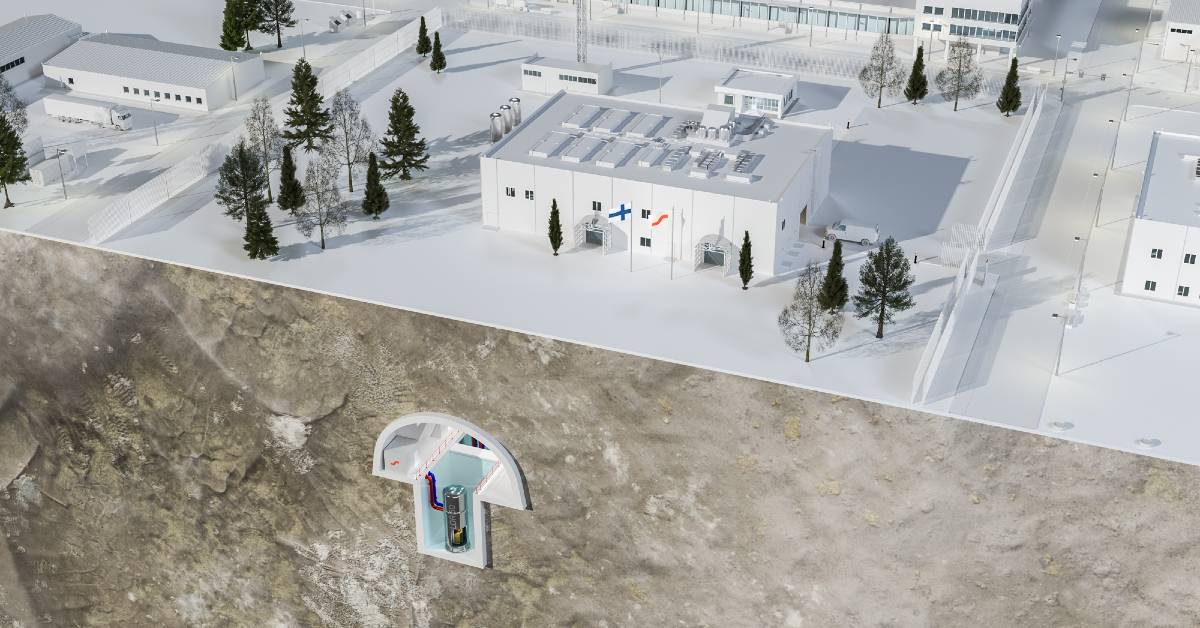
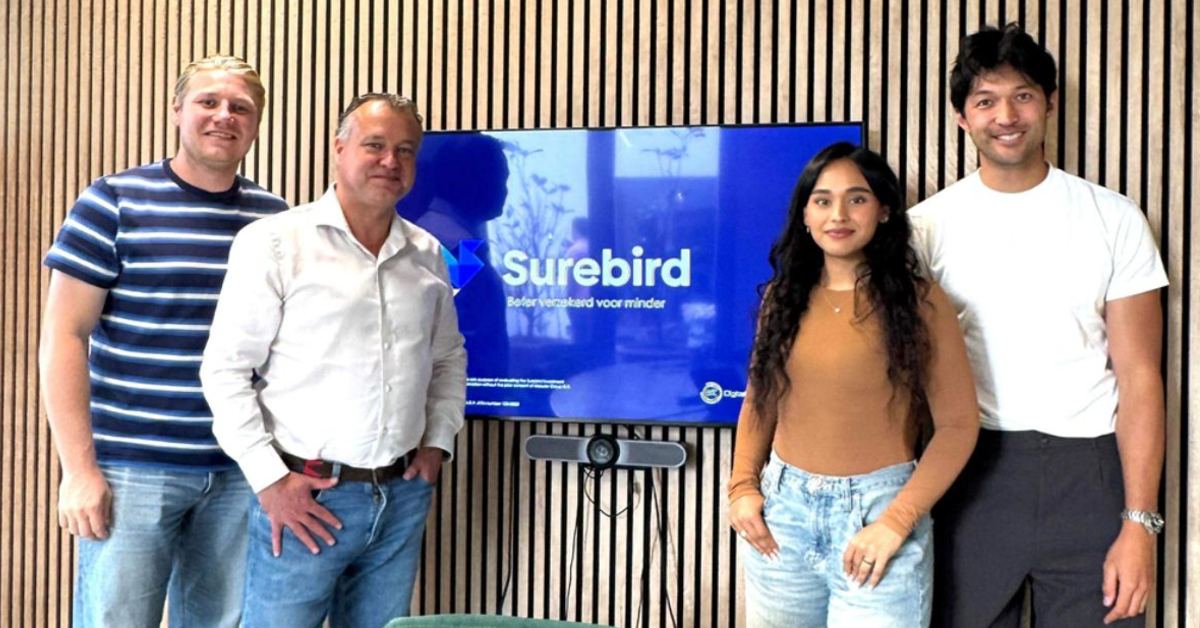
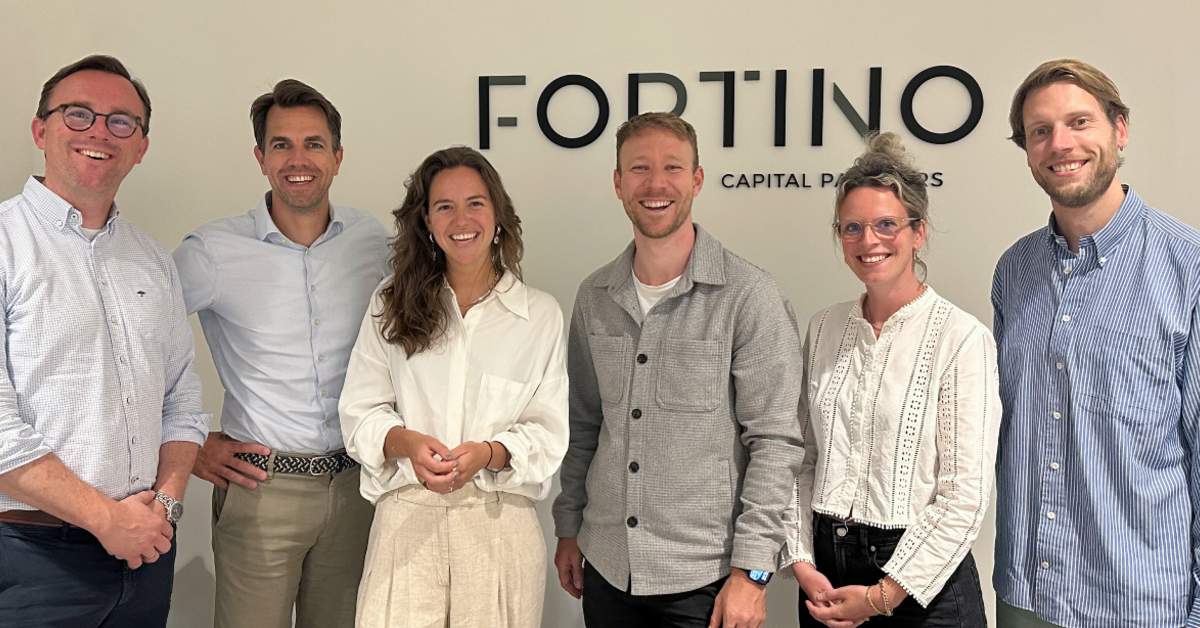
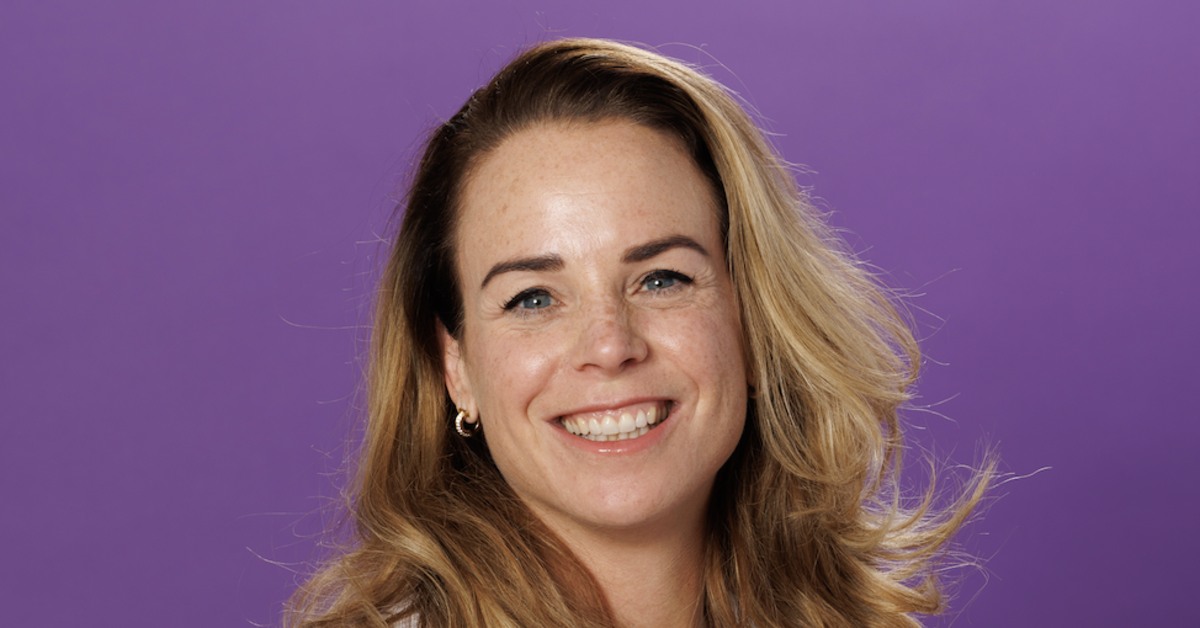
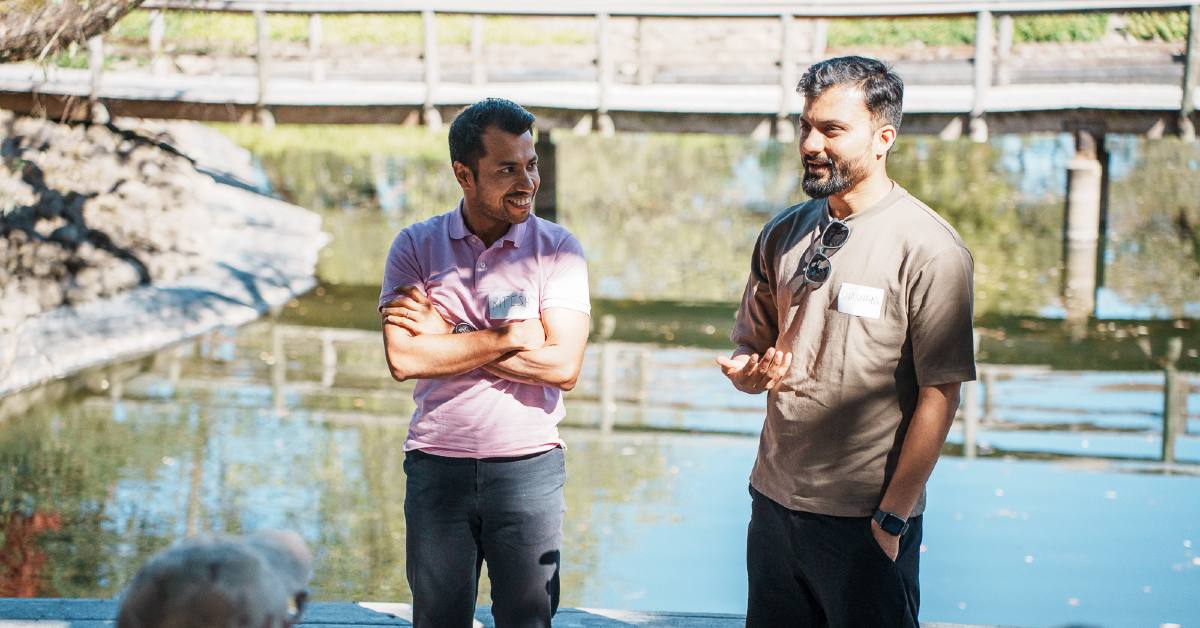

01
From telecom veteran to Dutch Startup Visa success: The Jignesh Dave story